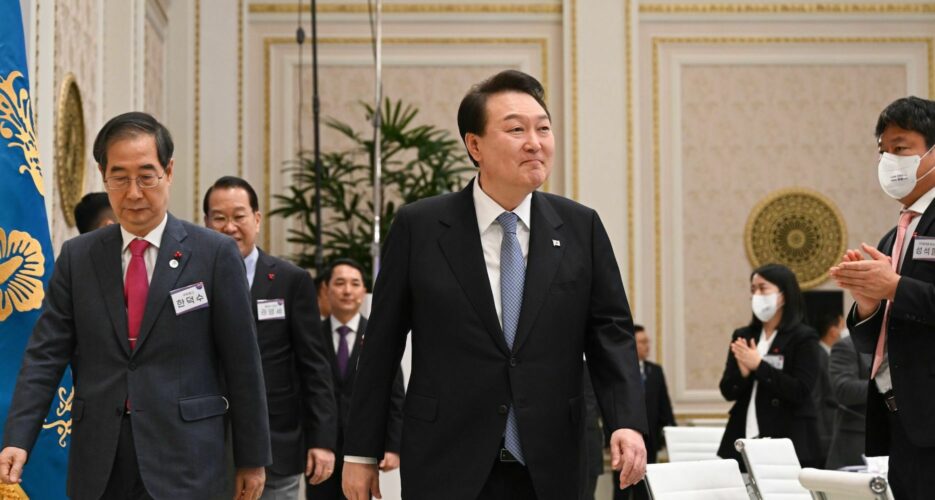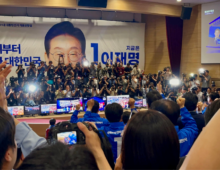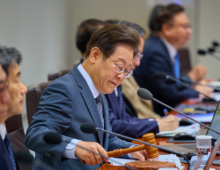South Korean public is lukewarm about changes like extending work week, but Yoon likely sees value in taking harder line
Recent polls show that President Yoon Suk-yeol’s approval rates have steadied in the mid-30s after a slow but steady climb through November and December. While that might seem low, Yoon likely considers a mid-30s approval rate a modest success considering the arc of his presidency up to this point.
But he cannot afford to remain satisfied with those numbers as the ROK’s political parties prepare themselves for next year’s parliamentary elections. Suppose the ruling People Power Party (PPP) fails to wrest majority control of the National Assembly from the main opposition Democratic Party (DP). In that case, Yoon will spend the remainder of his presidency without accomplishing any significant legislative goal.
Recent polls show that President Yoon Suk-yeol’s approval rates have steadied in the mid-30s after a slow but steady climb through November and December. While that might seem low, Yoon likely considers a mid-30s approval rate a modest success considering the arc of his presidency up to this point.
But he cannot afford to remain satisfied with those numbers as the ROK’s political parties prepare themselves for next year’s parliamentary elections. Suppose the ruling People Power Party (PPP) fails to wrest majority control of the National Assembly from the main opposition Democratic Party (DP). In that case, Yoon will spend the remainder of his presidency without accomplishing any significant legislative goal.
Get your
KoreaPro
subscription today!
Unlock article access by becoming a KOREA PRO member today!
Unlock your access
to all our features.
Standard Annual plan includes:
-
Receive full archive access, full suite of newsletter products
-
Month in Review via email and the KOREA PRO website
-
Exclusive invites and priority access to member events
-
One year of access to NK News and NK News podcast
There are three plans available:
Lite, Standard and
Premium.
Explore which would be
the best one for you.
Explore membership options
© Korea Risk Group. All rights reserved.
No part of this content may be reproduced, distributed, or used for
commercial purposes without prior written permission from Korea Risk
Group.












